Filter
Target group
Play & Development
Nenko offers various game and development materials that stimulate fine motor skills. This refers to fine motor skills, the motor development of the hand, fingers and wrist. The materials in this category keep participants active at various levels in their development and help them achieve important learning and development milestones.
More details
Delivery time
Price
Excl. VAT
min € 3 -
max € 1033
Target group
Sense
Play & Development
Game establishes the connection between the real world and the inner world of a person. The development in the game takes place according to different phases. They keep participants at different levels active in their development and help to achieve and maintain important learning and development milestones.
Sensomotoric or manipulative game. While manipulating, a person explores properties and characteristics of all kinds of objects. This not only provides a good basis for all kinds of mathematical and calculation activities, but is also a condition to embrase the game. Only then will people start to connect new meanings to materials. And those meanings are important in order to achieve a good construction and role-play. Symbolic game, also called role play. A person is going to give meanings to objects. The object is then used as a symbol for something else. The role they assign the object is also played.
They let dolls talk, get scared, run away, and so on. Essential in this phase is that people start using language when playing with objects. In addition, they assume the role of someone and are aware of it. "And then I was the baker ...." They also talk and act the way people do that they imitate. This 'step' shows that they can understand other people or situations.
Thematic role play. The person can build and play a game idea together with others. It can play a role and respond to the roles of others. Action and language are increasingly controlled by thinking in advance about the activity. Game reflects the development progress and stimulates (total) development.
Sensomotoric or manipulative game. While manipulating, a person explores properties and characteristics of all kinds of objects. This not only provides a good basis for all kinds of mathematical and calculation activities, but is also a condition to embrase the game. Only then will people start to connect new meanings to materials. And those meanings are important in order to achieve a good construction and role-play. Symbolic game, also called role play. A person is going to give meanings to objects. The object is then used as a symbol for something else. The role they assign the object is also played.
They let dolls talk, get scared, run away, and so on. Essential in this phase is that people start using language when playing with objects. In addition, they assume the role of someone and are aware of it. "And then I was the baker ...." They also talk and act the way people do that they imitate. This 'step' shows that they can understand other people or situations.
Thematic role play. The person can build and play a game idea together with others. It can play a role and respond to the roles of others. Action and language are increasingly controlled by thinking in advance about the activity. Game reflects the development progress and stimulates (total) development.
View catalogue
Take a look at our product range!
PDF-Catalogue
Click here!

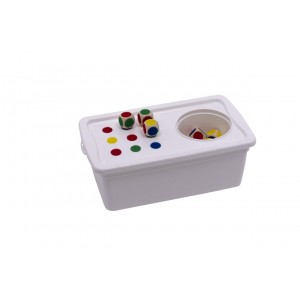
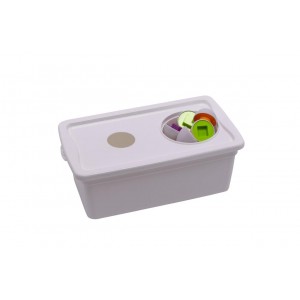
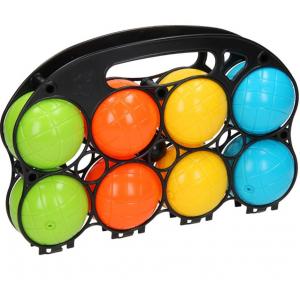
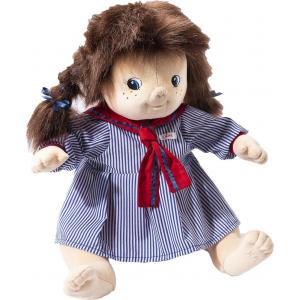
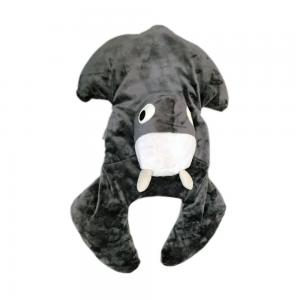
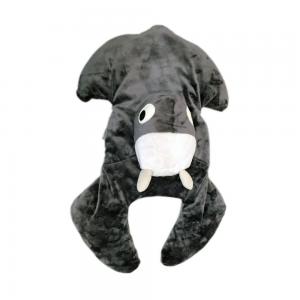
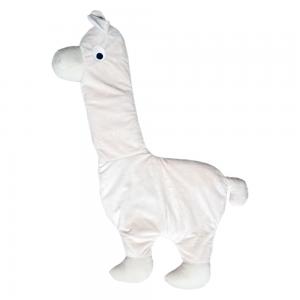
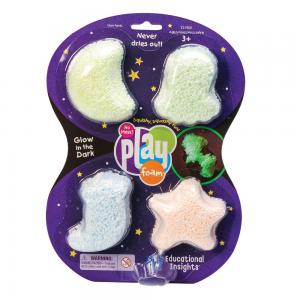
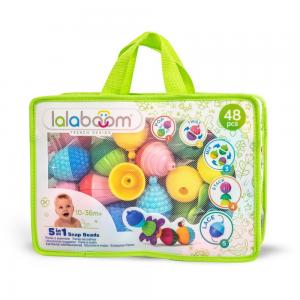
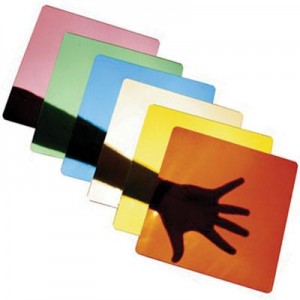
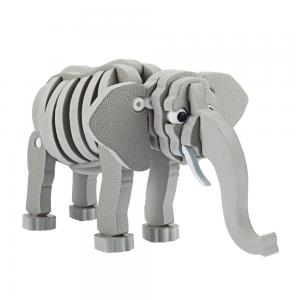
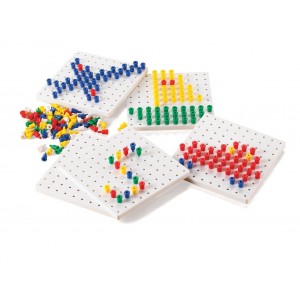
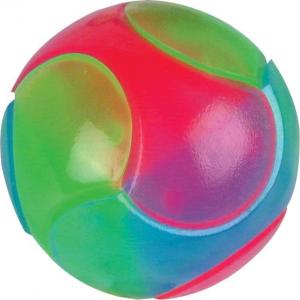
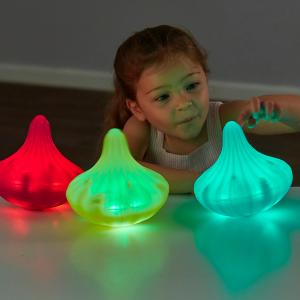
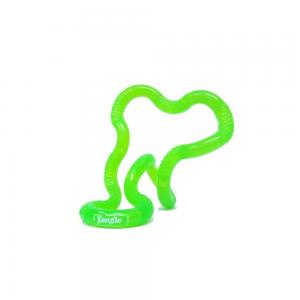

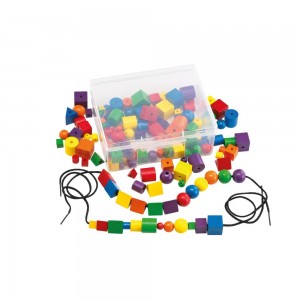
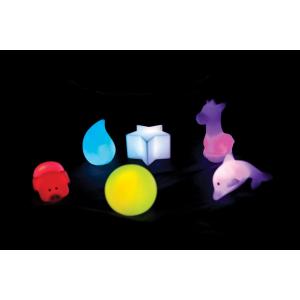
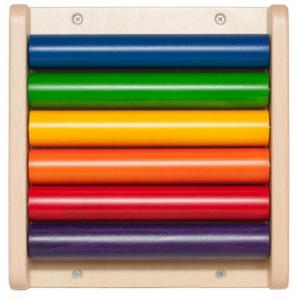
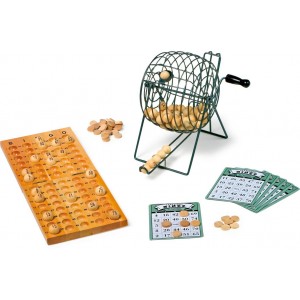








 Back
Back